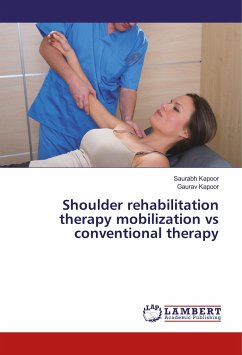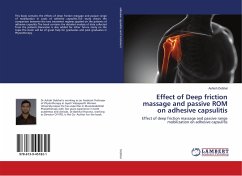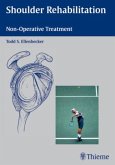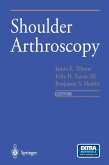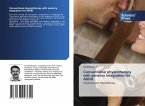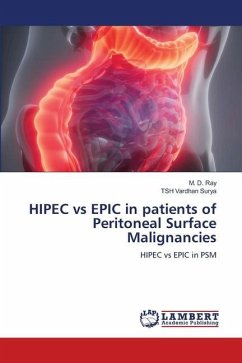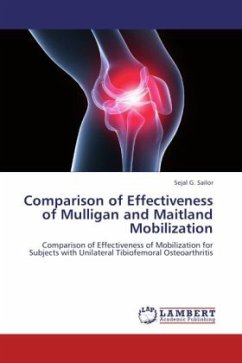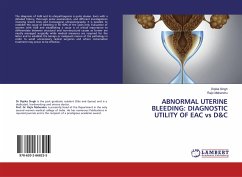Adhesive capsulitis of the shoulder is characterized by insidious and progressive pain and loss of active and passive mobility of the glenohumeral joint. The annual incidences of adhesive capsulitis are 3% to 5% in the general population and up to 20% in people with diabetes. The etiology and pathology of this syndrome remain enigmatic. In adhesive capsulitis, capsular extensibility is decreased, the axillary recess becomes adherent, and the flexibility of the biceps tendon in its sheath is reduced. As a result, the external rotation of the humeral head to pass under the acromion during abduction is severely restricted. Restoring this mechanism is the primary goal of various treatment strategies for adhesive capsulitis. A considerable proportion of patients with adhesive capsulitis are treated with nonsteroidal anti-inflammatory drugs, intra-articular corticosteroid injections, and physical therapy. With respect to physical therapy,mobilisation along with other intervention is most abundantly used to gain range of motion. In this research a randomized controlled trial is conducted focusing on the effectiveness of Maitland mobilization Vs Conventional therapy.
Bitte wählen Sie Ihr Anliegen aus.
Rechnungen
Retourenschein anfordern
Bestellstatus
Storno

